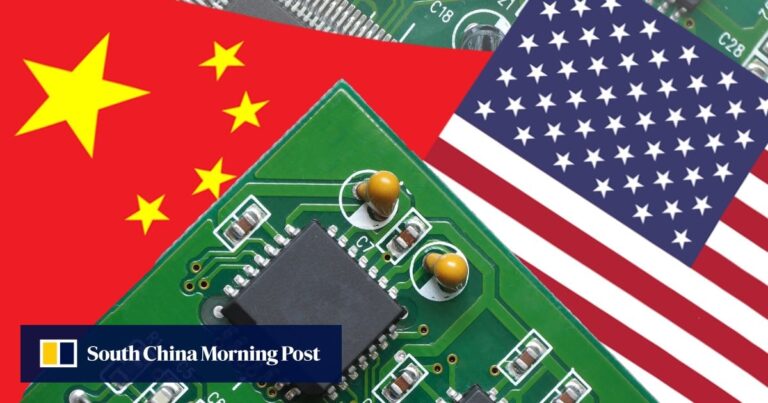Meanwhile, Google last week removed support for RISC-V from the Android kernel, the operating system’s core computer program.

The move will delay plans by RISC-V chip vendors to target Android systems and devices, said William Li, an analyst at research firm Counterpoint.
Developers can still restore support for RISC-V on their own, but doing so “requires more work than usual,” said Stewart Randall, head of electronics and embedded software at consultancy Intralink. said.
The global impact is likely to be limited because “most companies that are designing chips around RISC-V are not designing chips for Android devices,” Randall said. But at least 300 companies use his RISC-V in China, and almost every major technology company supports the standard.
More than half of the 25 key members of RISC-V International, a nonprofit organization dedicated to popularizing the technology, are from China. These include Alibaba Cloud, Huawei Technologies, ZTE, and the state-backed Beijing Institute of Open Source Chip.
Other Premier members include Google, Intel, and Qualcomm.
Despite growing concerns in the United States, China’s contribution to RISC-V remains strong, Zhang Xiaolong, director of the Beijing-based Institute of Advanced Technology, said in a recent Global Times report.
Companies already working on RISC-V support on Android are also “unlikely to end the project, although there is still quite a bit of work left,” Counterpoint’s Li said.

